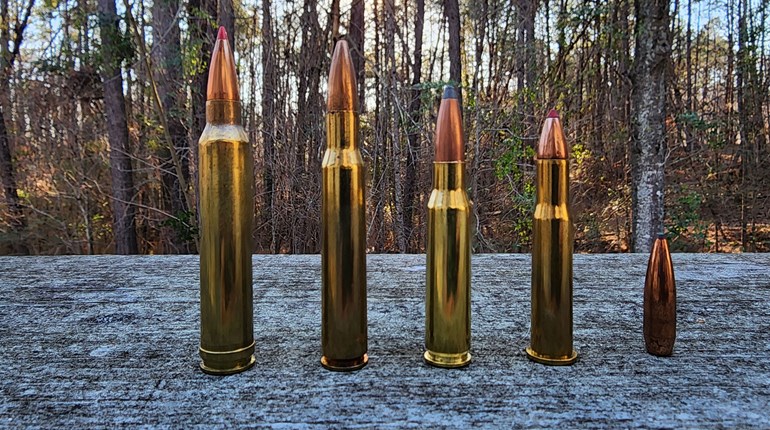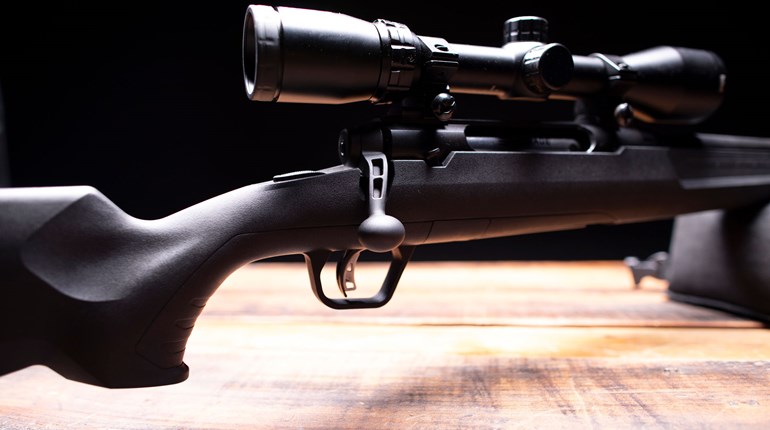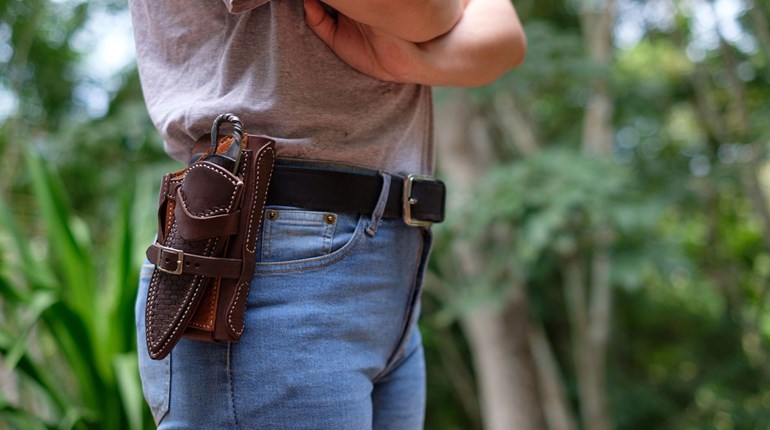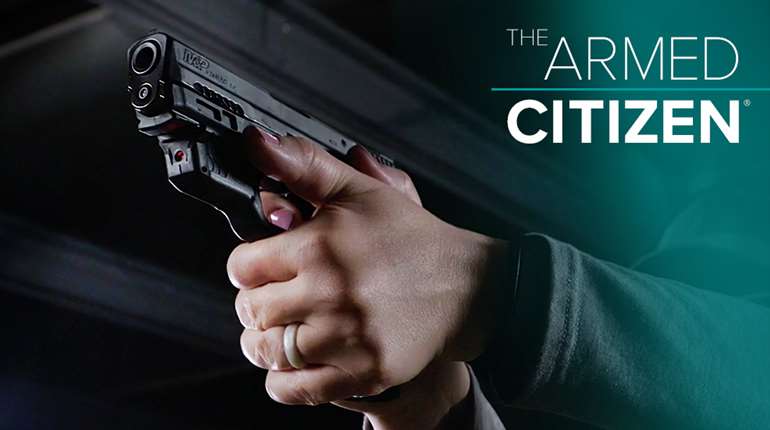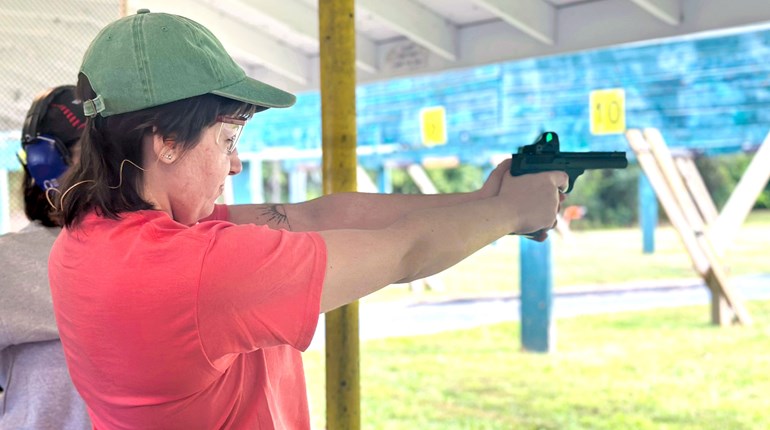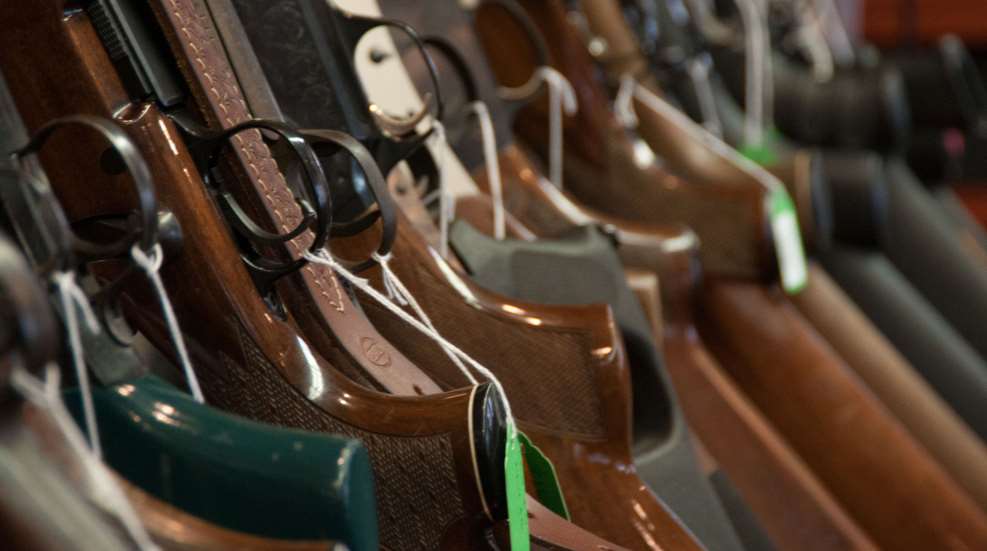
So you’ve come across a firearm, either online or in person, that you think you might like to buy. This is mostly like buying a new gun as far as the process goes, but there are a handful of things you need to do to make sure you don’t get sold a lemon, since a used gun won’t come with a warranty and you’ll have no guarantees about its condition—you’re on your own for making a good purchase. And since we’re talking about firearms, there are certain regulations you need to be aware of to keep everything on the up-and-up and compliant.
The Legalities and Logistics
If you are buying from a dealer who holds a Federal Firearms License (FFL), as every gun shop is required to, they will have you fill out federal form 4473 just like you do when you purchase a new gun. The only thing to be aware of here is that it is against federal law to purchase a handgun across state lines. You may legally buy rifles and shotguns in one state and then drive them home to your own state, assuming no state laws prohibit it, but you cannot do this with a handgun. If you are, say, on vacation and you find a handgun you’d like to purchase (new or used), you may make the purchase and pay for the gun on the spot, but you must have the gun shipped to an FFL holder in your state and then complete the paperwork there before you may legally take possession.
If you are buying the used gun online, you will need to do the same, no matter what type of gun it is: The seller will ship the gun to the FFL holder of your choosing, and you’ll fill out the paperwork there so they can complete your background check.
If you are buying the gun from an individual and not crossing state lines, there is no federal requirement to do any paperwork, but you might want the paper trail anyway, in which case you can meet the seller at your FFL and have the dealer do a transfer for you with form 4473. Be aware that although this is not required at the federal level, some states do require a background check for individual-to-individual sales. You need to be sure you’re complying with your state laws, not just federal law, including laws about what guns and specific features might not be legal in your area.
Evaluating the Gun
Check the gun carefully to evaluate its condition. If you’re buying a project gun you intend to do some work on, you might be OK with just about any flaws or problems, but most of us want a gun that’s ready to safely shoot without needing much or any work.
First, triple-check visually and physically that the gun is unloaded. Then examine all the metal for signs of rust, pitting, scratches or cracks. Cracks and deep pitting are dealbreakers unless you’re looking for a serious project/rebuild. Surface rust is relatively easy to deal with, and scratches might or might not bother you cosmetically. In fact, you can sometimes get a great deal on a gun that’s a mess cosmetically but which will still function very well (former law-enforcement-issued guns are often in this category, as they are carried every day but seldom fired).
Are any of the pins or screws loose, missing, or stripped? If it’s a handgun, does it show excessive holster wear from years of being carried, and if so, are you willing to live with that cosmetically or repair it? Is the serial number readable and unaltered? An FFL dealer won’t take in a gun to resell if the serial number has been scratched off, but if you encounter that from an individual seller, walk away. A total absence of a serial number might mean the gun was built from an 80 percent lower, so check to see if your state has regulations regarding self-made firearms, and then consider if you want to buy a gun that was built not by a manufacturer but by someone you don’t know who might or might not have any gunsmithing experience.
Work the action. Is it smooth, sticky, loose, stiff? Can you tell if the stickiness or stiffness can be worked out with a good cleaning, or is it just the way the gun functions? Work everything you can—depending on the firearm, that might mean the magazine release, bolt, bolt release, slide, safety, hammer, lever, cylinder and more.
Dry-fire the gun if you can do so safely (do not dry-fire a rimfire gun without a snap cap in place), and ask the seller before you do so as a courtesy. First, attempt to dry-fire with the safety on, if there is a safety. If you are able to do so, walk away or plan on a gunsmithing job. Then dry-fire with the safety disengaged. Is the trigger smooth, light, heavy, clunky, stiff, squishy? If it’s extremely light, be warned that the previous owner may have done some tinkering, and you won’t know if it was done properly or safely. If you don’t like the trigger pull, consider if you’re willing to have work done on the trigger or have it replaced.
Look down the bore if you’re able, holding the barrel up to the light or (preferably) using a bore light in the chamber. Is there pitting or rust in the barrel? Any bulges, dents or cracks in the barrel are a dealbreaker unless you’re willing to replace it. Examine the muzzle—any nicks or defects can be a problem on a rifle. If it’s a shotgun with interchangeable chokes, do the choke tubes come out easily, or are they rusted in place? If it’s a revolver, does the cylinder move smoothly and line up with the bore, rotating properly with each trigger squeeze?
If you are not super familiar with firearms and don’t feel comfortable evaluating details of a gun’s condition, you might be better off buying new or sticking to used guns in excellent condition. If you know what you’re looking at, almost any condition is workable as long as you are willing to put the money and effort into fixing what’s worn or broken. And antique guns sold as collectors’ items or wall-hangers are in a different category—if they won’t be fired, the condition is totally up to what you’re willing to purchase.
It also doesn’t hurt, if you have time, to do a few minutes of research online to see what people think of this particular gun, if you aren’t familiar with it already. You might find that this specific model was a major manufacturing flop or that used ones tend to exhibit A, B and C problems you should look out for.

Determining a Value
What’s a fair price for this gun you’re looking at? The Blue Book of Gun Values is an excellent resource, and you should own one or sign up for an online subscription if you’re going to keep buying used guns. Otherwise, hop on a used-gun site like guns.com or gunbroker.com. Search for the make and model you’re looking at and see what that model is listed at, adjusting for your specific gun’s condition. These kinds of sites can be deceptive, though—just because a gun is listed for a certain price doesn’t mean anyone is willing to pay it, in which case the gun is worth something less. Pay attention to how long a gun has been listed for sale; if it’s languishing online with no bidders or buyers, the asking price is too high. Also see if shipping costs are included or extra, and keep in mind that the buyer will have to pay her FFL dealer a fee to do the paperwork. Those factors might make online prices skew a little higher or lower.
Consider any extras that come with the gun: Additional magazines or choke tubes, a case, the original manufacturer’s box and manual, sights or a scope, a sling, ammo, aftermarket furniture, and any upgrades the previous owner might have added. Those certainly aren’t dollar-for-dollar upcharges, but you should factor in the value of the extras when figuring a fair price.
Additionally, if you just really like the gun and you are willing to pay the price the seller is asking without getting bogged down in research and analysis, go for it. Just buy the thing and everyone’s happy.
The bottom line: Buying used guns is a simple matter of knowing the applicable laws, examining the gun carefully so you understand its general condition and noticeable problems that might need addressed, and settling on a fair price.
One last word of advice about buying used guns: If you are buying from an individual through a classified ad, a local online buy-sell-trade group or something similar, be careful meeting up to complete the sale. If you choose not to do this at an FFL dealer, bring someone with you if possible and meet at a safe public place (but not too public; you don’t want to be examining a gun at the local playground or anything). This is a legal transaction assuming both of you are honest people complying with the applicable laws, but you’re still exchanging cash and a firearm with a total stranger, so take the necessary safety precautions.












